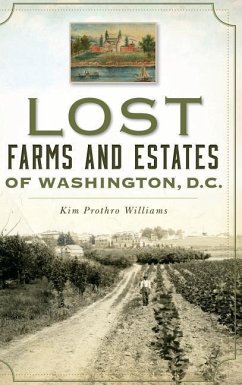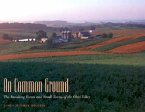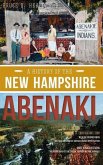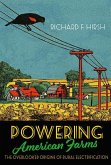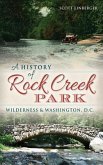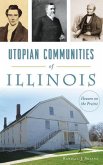Washington has a rural history of agrarian landscapes and country estates. John Adlum, the Father of American Viticulture, experimented with American grape cultivation at The Vineyard, just north of today's Cleveland Park. Slave laborers rolled hogsheads--wooden casks filled with tobacco--down present-day Wisconsin Avenue from farms to the port at Georgetown. The growing merchant class built suburban villas on the edges of the District and became the city's first commuters. In 1791, the area was selected as the capital of a new nation, and change from rural to urban was both dramatic and progressive. Author Kim Prothro Williams reveals the rural remnants of Washington, D.C.'s past.
Hinweis: Dieser Artikel kann nur an eine deutsche Lieferadresse ausgeliefert werden.
Hinweis: Dieser Artikel kann nur an eine deutsche Lieferadresse ausgeliefert werden.
